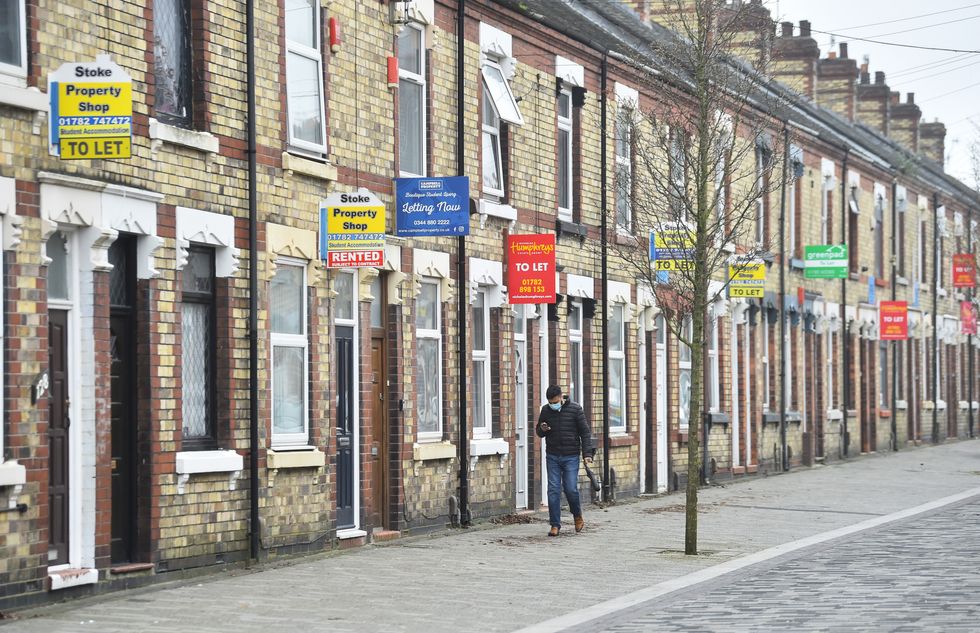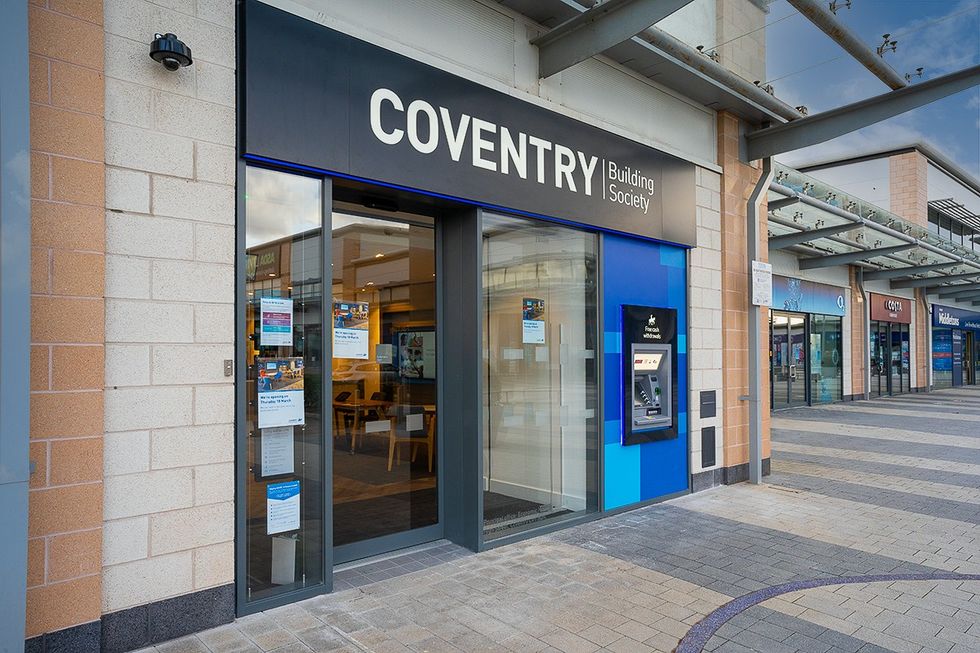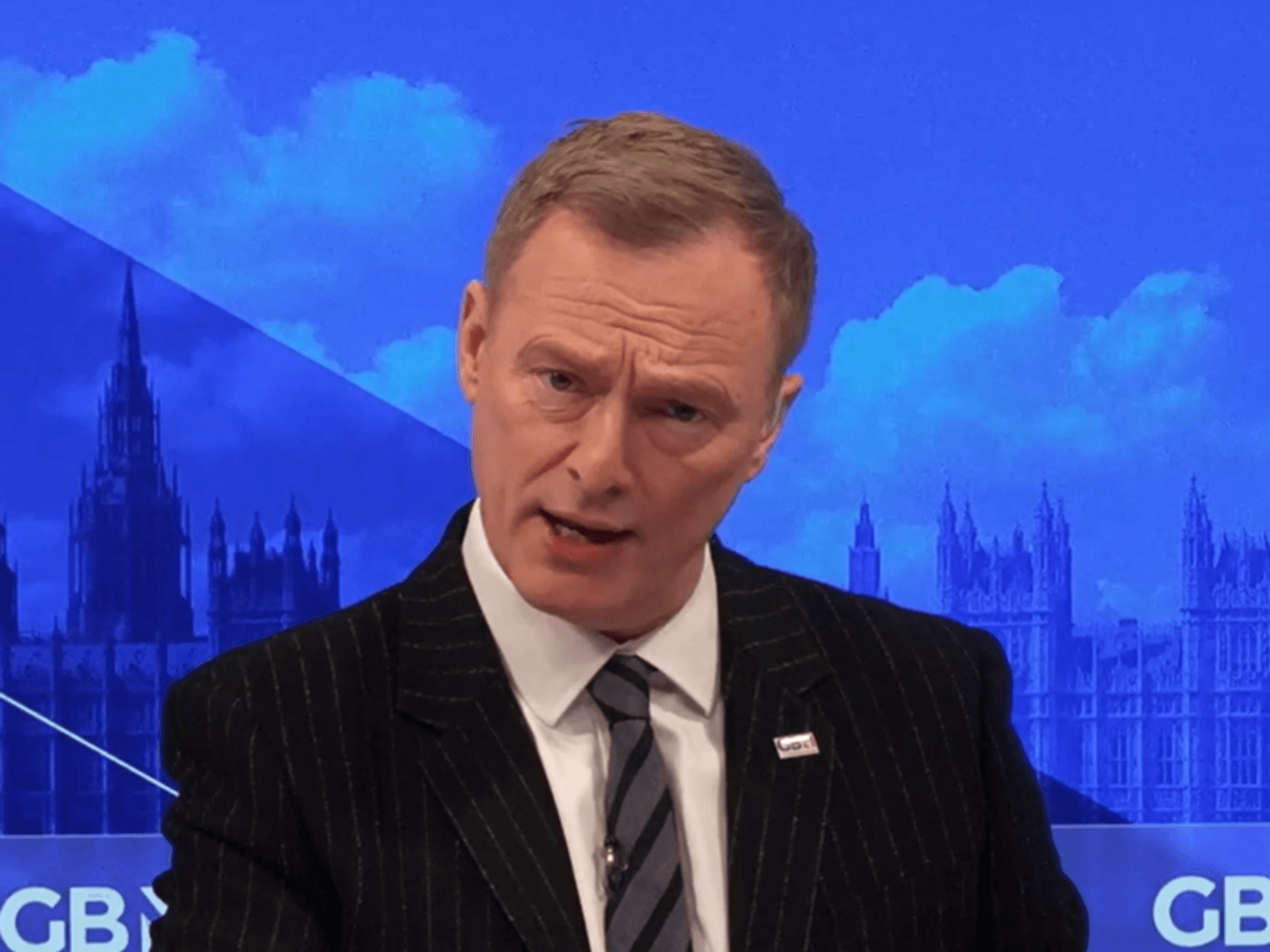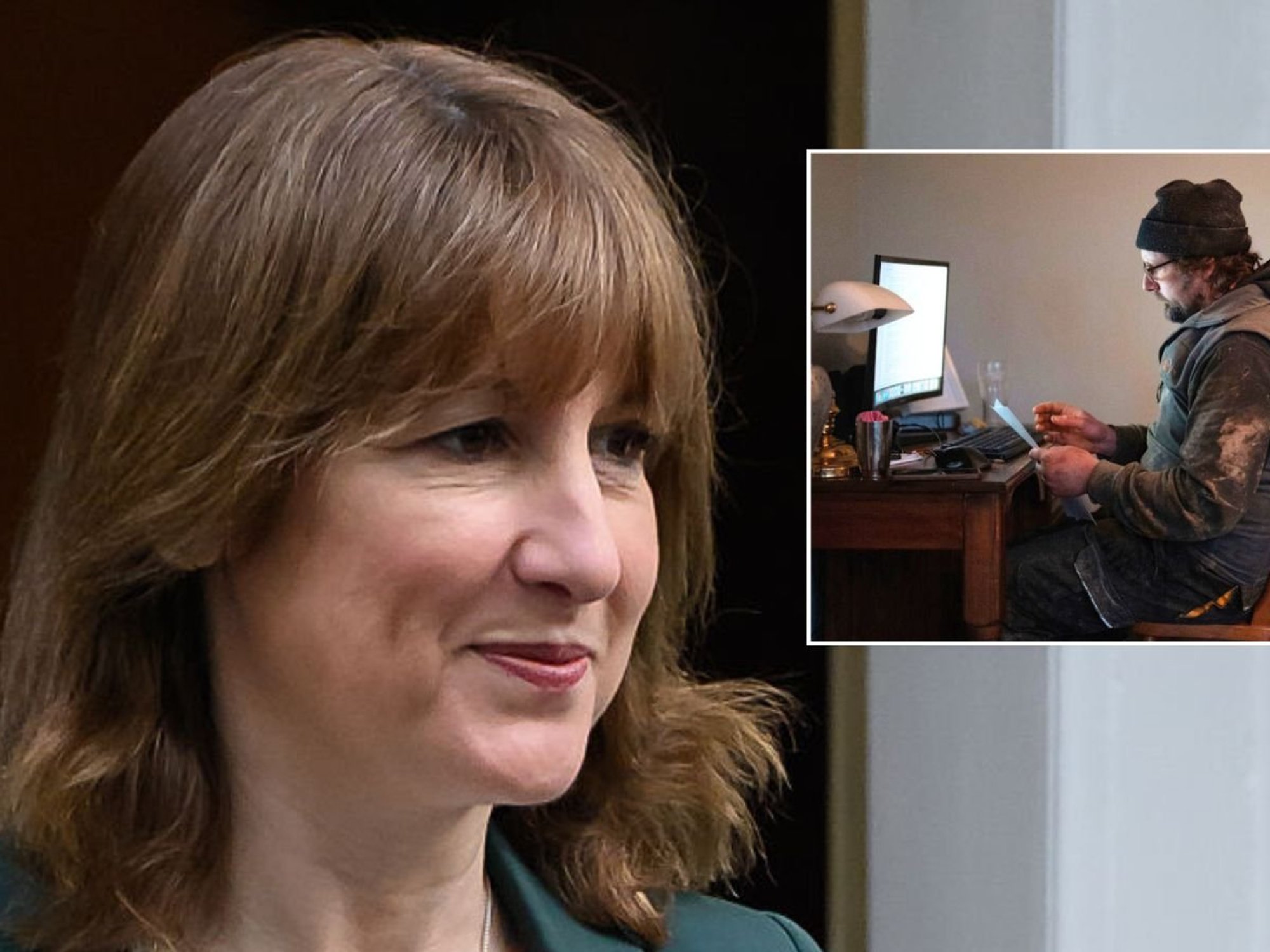Stamp duty alert: Homebuyers losing £5.5bn in property tax 'strain', Coventry Building Society warns

Jeremy Hunt says Rachel Reeves will have to put up taxes in autumn budget |
GB NEWS

Britons are paying considerably more in stamp duty as part of a significant tax raid
Don't Miss
Most Read
British homebuyers have handed over £5.5billion in stamp duty so far this year, marking a 25 per cent increase from the £4.4billion paid during the same period in 2024, according to analysis by Coventry Building Society.
The surge follows April's reduction in nil-rate thresholds from £250,000 to £125,000, which has seen the tax bill on an average-priced home soar to £3,274 - more than four times the previous £774.
Stamp duty is a levy imposed on homebuyers when someone purchases houses, flats and other land and buildings over a certain price in the UK. It comes into effect when a residential property costs more than £125,000 and at £300,000 for first-time buyers.
The mounting tax burden has intensified pressure for reform, with both property and investment sectors calling for the abolition of stamp duties that they argue are hampering British markets and discouraging investment.
 Stamp duty is a levy thousands of Britons pay every years | GETTY
Stamp duty is a levy thousands of Britons pay every years | GETTY Richard Wilson, chief executive of interactive investor, has joined the chorus demanding stamp duty reform, arguing that the tax on UK shares represents "a charge on confidence" and "a tax on participation" that deters British investment.
"Stamp duty on stocks and shares is a tax on backing British business and scrapping it should be the cornerstone of any serious investment reform," Wilson said in response to Chancellor Rachel Reeves' Mansion House speech.
He warned that the levy makes investing in UK companies unnecessarily expensive whilst sending negative signals about where the government wants people to invest their money.
Jonathan Stinton, the head of Mortgage Relations at Coventry Building Society, highlighted the historical anachronism of the property tax, noting that stamp duty was originally introduced in 1694 with an intended lifespan of just four years.
Do you have a money story you’d like to share? Get in touch by emailing money@gbnews.uk.
 First-time buyers and existing homeowners face increased costs from April 2025 | GETTY
First-time buyers and existing homeowners face increased costs from April 2025 | GETTY"More than 300 years later we're still paying it in one form or another, despite the fact the housing market has changed," Stinton said.
He warned that the substantial tax bills are deterring people from moving home, whether upsizing, downsizing or relocating to properties better suited to their circumstances.
"That kind of strain doesn't just affect individual buyers, it can slow the market down for everyone," he added.
Wilson's research revealed that 72 per cent of retail investors would be more likely to invest in UK shares and trusts if stamp duty were abolished, compared to just 7 per cent who said reducing the cash ISA allowance would make a difference.
"If we're serious about revitalising the London market, scrapping stamp duty should be top of the chancellor's to-do list," Wilson stated.
He criticised the Government's cautious approach to reform, arguing that eliminating stamp duty on shares represents "one of the fastest, simplest, and boldest things this government could do to shift the dial" in creating a fairer investment landscape.
LATEST DEVELOPMENTS:

Coventry Building Society has sounded the alarm over stamp duty
| COVENTRY BUILDING SOCIETYNick Leeming, the chairman of Jackson-Stops, has previously called for the Chancellor Rachel Reeves to introduce targeted stamp duty relief for older homeowners.
He said: "Stamp duty is acting as a brake on the housing market, keeping older homeowners in properties that no longer suit their needs and blocking supply for younger families.
"Our research shows that stamp duty concerns rank alongside the stress and cost of moving as key obstacles preventing older homeowners from downsizing, with over a quarter citing it as making downsizing financially unattractive.
"With the right incentive, such as targeted relief on stamp duty for downsizers, over half a million people are willing to move in the next 12 months. In total, 2.8 million over-55s across England say they would downsize if stamp duty were reduced or removed, revealing the true scale of pent-up demand being held back by current tax policy."
More From GB News










